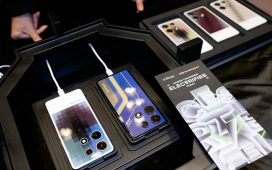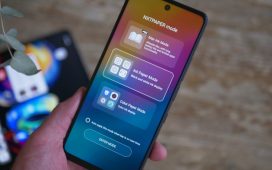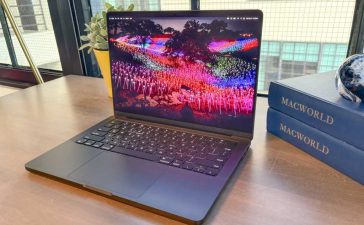The lens, which is the size of a 50p can be attached to your smartphone and is able to take detailed pictures of moles, spots or other skin problems you are concerned about.
It’s thought the move will mean dermatologists will be able to double the number of patients they can assess in a day as people can take the pictures from home.
NHS officials said the new “teledermatology” service is to be rolled out across all areas of England by July.
We’re likely to see high temperatures over the weekend.
It’s vital that you try to avoid getting sunburn. It can increase your risk of developing skin cancer.
Read our advice on what to look for when buying and applying sunscreen.
➡️ https://t.co/izYQJINnLl pic.twitter.com/tqJ4j0cKO2
— NHS (@NHSuk) June 9, 2023
It comes as around 600,000 people were referred for skin checks last year – 9% higher than the previous year.
Meanwhile, 56,000 skin cancer patients received treatment throughout 2022.
The technology is currently used by about 15% of NHS trusts in England and will also be used in NHS community diagnostic centres and some GP surgeries.
NHS England said the use of the technology could enable GPs in rural areas help their patients be reviewed faster, potentially without having to travel for a specialist appointment.
Dr Tom While, a GP from Somerset, said: “Being able to get a swift and specialist opinion on a skin lesion or rash, and advice on treatment or local surgical options, often negates the need to refer the patient on to another hospital to see the specialist in person.
It’s vital that you try to avoid getting sunburn. It can increase your risk of developing skin cancer.
If you’ve been caught out, there are things you can do to ease the painful symptoms of sunburn.
➡️ https://t.co/izYQJINnLl pic.twitter.com/6g9b2PAChF
— NHS (@NHSuk) June 11, 2023
“This not only reduces waiting lists, but strongly benefits my patients who live in rural areas, saving them from long unnecessary journeys.
“If a patient does need to be referred on to a specialist, then the teledermatology service helps to streamline that process, ensuring the patient is seen in the correct clinic at the right time – it’s a fantastic service and an asset to rural general practice, and hard to imagine working without it.”
AI tools currently being tested by the NHS to help diagnose people with skin cancer
The health service is also trialling artificial intelligence (AI) tools to assess the presence of skin cancer.
It is currently being used alongside the assessment of doctors to assess whether the technology, called Deep Ensemble for the Recognition of Malignancy (Derm), comes to the same conclusions.
Derm uses AI algorithms to analyse specialist magnified images of skin lesions to determine whether the patient has cancer.
In the future, it is hoped that it will also provide faster diagnosis for skin cancer patients.
During an earlier testing phase, the device was shown to have helped avoid about 10,000 unneeded face-to-face appointments, NHS officials said.
You should try to avoid getting sun burn as this can increase your risk of developing skin cancer, the NHS have advised (Image: Getty)
NHS chief executive Amanda Pritchard said: “There is no denying that increased demand has placed huge pressure on services, but championing the use of digital technology and new ways of working is key to reducing waits and is exactly why we are accelerating the use of teledermatology – it is a small piece of kit that has the potential to speed up diagnosis and treatment for tens of thousands with skin cancer.
“We are going a step further even and expanding the use of artificial intelligence lenses in teldermatology to diagnose skin cancers and this is proving highly effective in areas that have trialled the technology so far.
“This is just one example of innovation adopted by the NHS to ensure people are diagnosed and treated for cancer as early as possible – we are also investing millions to increase diagnostic and treatment capacity, and driving forward early diagnosis initiatives like our community lung trucks – and we will not stop there in our efforts to find cancers earlier and save more lives.”











